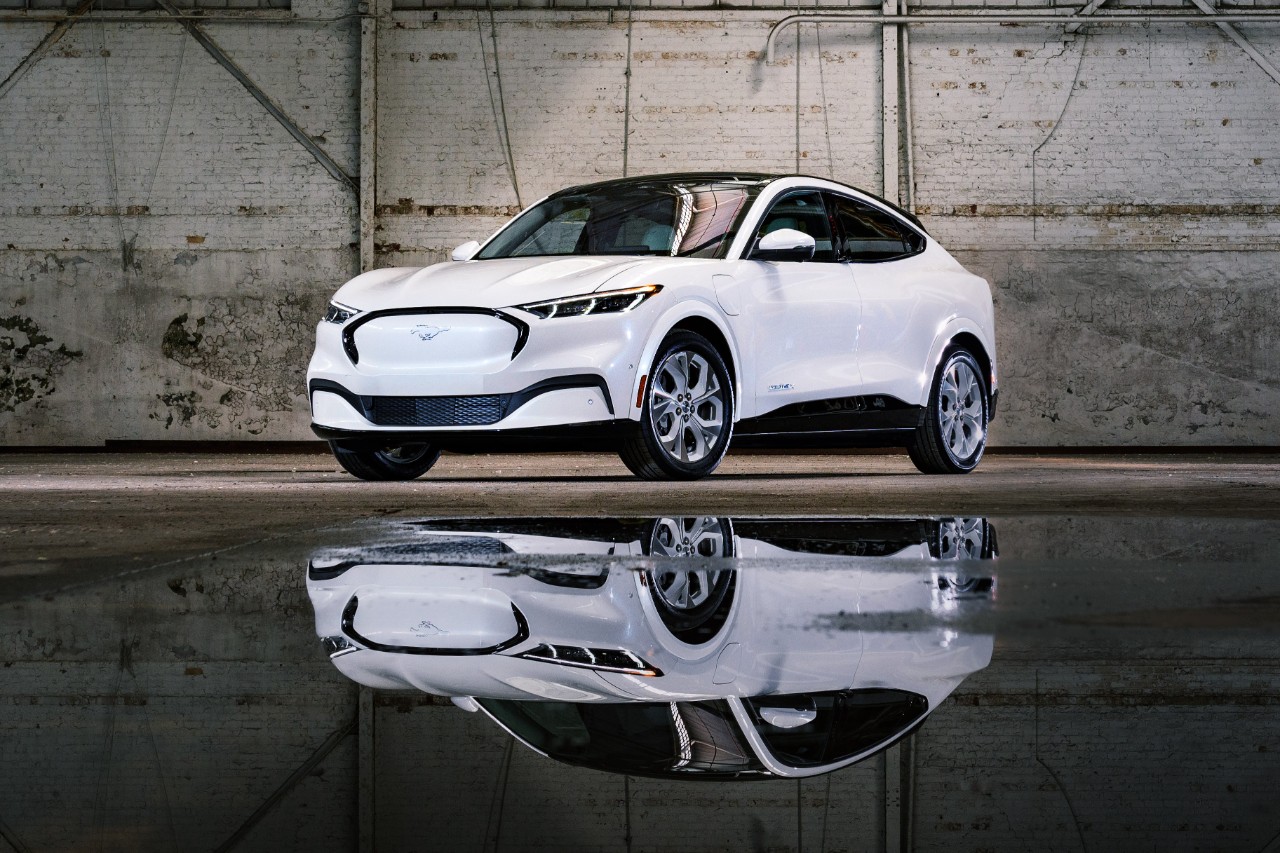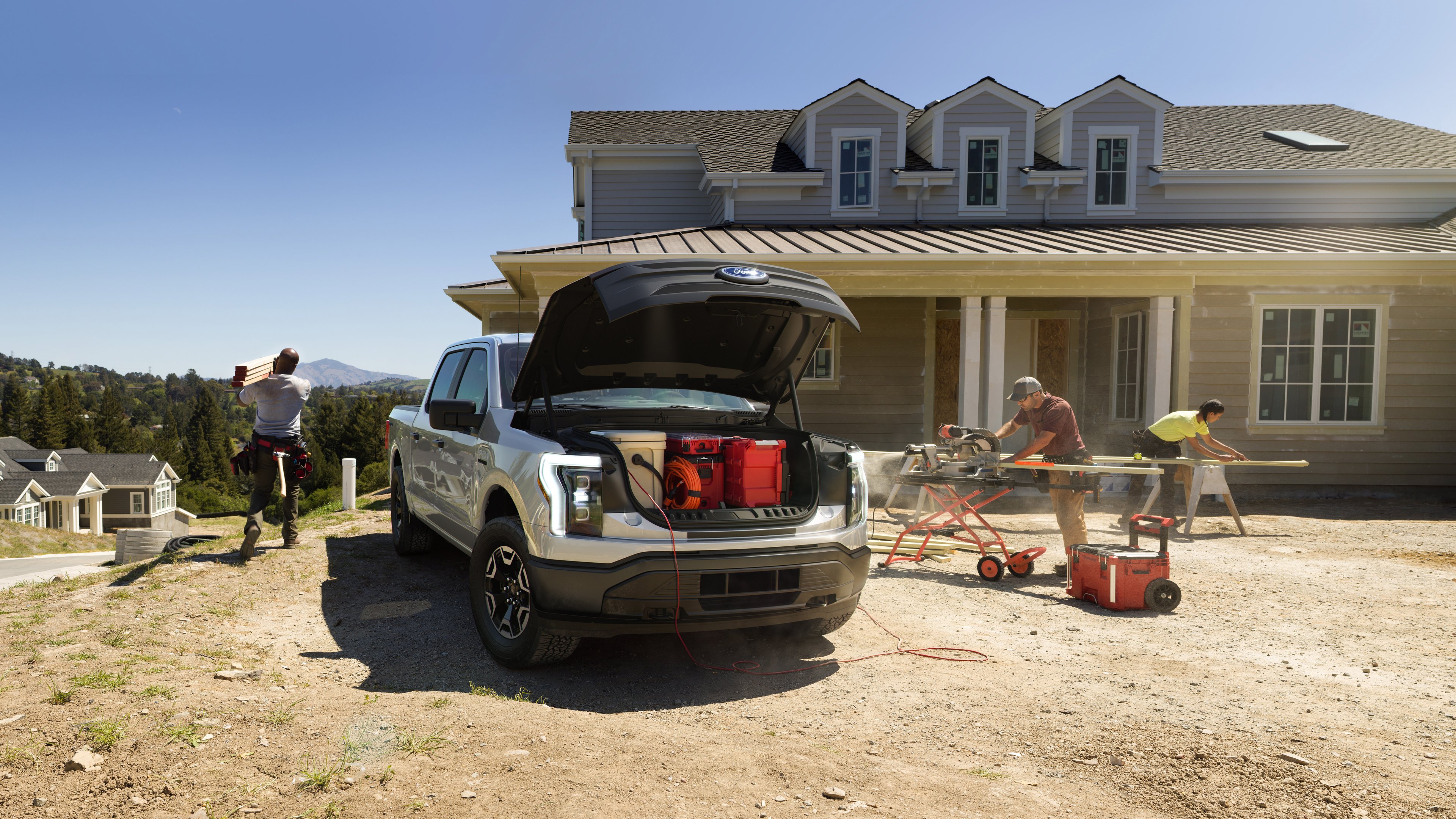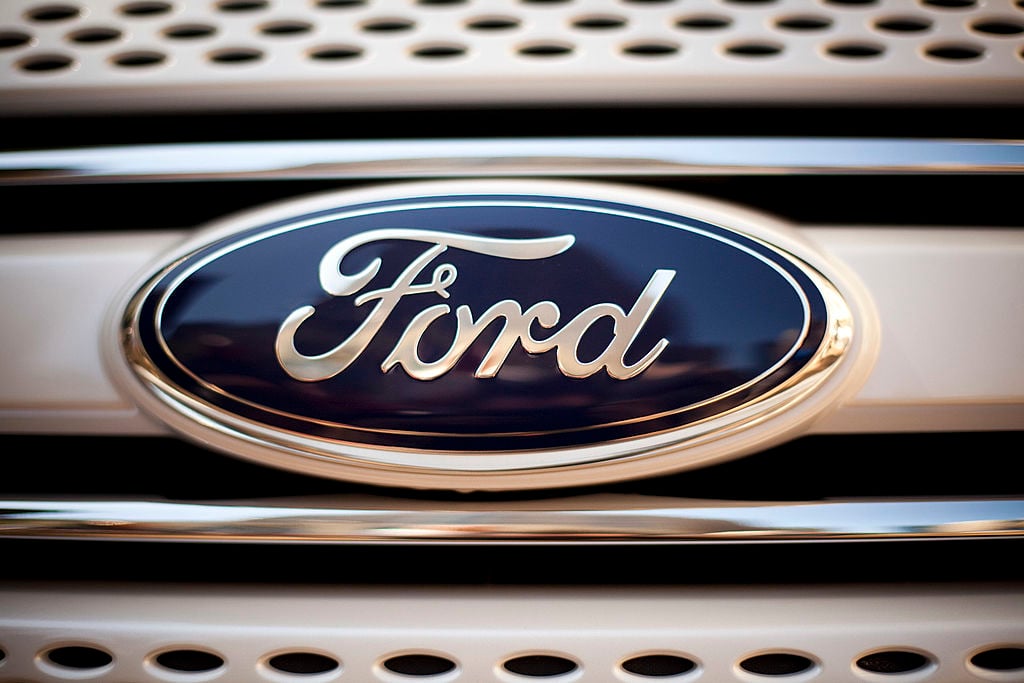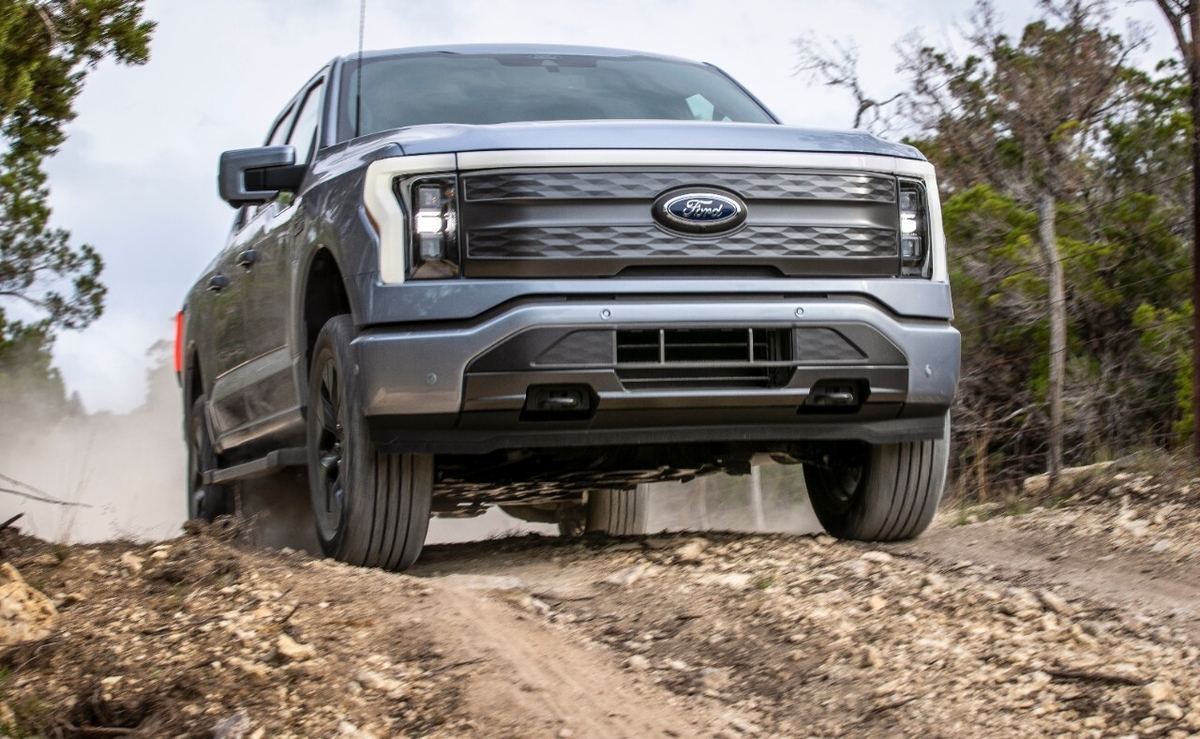
Why would a rival want to buy FCA? The answer to that question starts with the Jeep brand. Source: Fiat Chrysler.
Is Fiat Chrysler (FCAU +0.00%) setting itself up for a blockbuster merger?
It might be. CEO Sergio Marchionne has made it clear he thinks the global auto business is ripe for further consolidation (a view shared by many, including this humble Fool).
And Marchionne has recently taken actions that suggest this is more than idle talk. His plan to spin off Ferrari ensures the storied supercar brand remains under Italian control -- while also raising cash to reduce FCA's debt, making it more attractive to a potential partner.
Fiat Chrysler has some unique regional strengths (and weaknesses) that might match up well with another automaker. Could a megadeal be in the works? And if so, with whom?
A Bloomberg report ignites a global wave of speculation
A report on Tuesday by Bloomberg's Tommaso Ebhardt set the stage for this latest round of speculation, and boosted FCA stock by almost 2% before it fell back in later trading.
Ebhardt cited "analysts and investors" as saying that Volkswagen (VLKAY +1.59%), Ford (F 1.39%), General Motors (GM 2.65%), Mazda (MZDAF +0.25%) and Suzuki Motor all fit the criteria that Marchionne might be seeking in a potential partner.
A deal made from a position of strength could be lucrative for FCA investors, who have already seen shares rise nearly 30% since the company's New York Stock Exchange debut in October.
But is such a deal realistic? Let's take a closer look.
What would a merger partner want from FCA?
With Ferrari gone, FCA's most valuable properties are the Jeep and Ram brands. Jeep is probably the world's best-known SUV brand, and its global sales increased a whopping 39% in 2014.
Meanwhile, the Ram brand holds a strong third place in North America's lucrative full-size pickup market; its market share expanded in 2014, with U.S. sales up 24%. This is a tough market for a newcomer to crack: Toyota and Nissan have both made serious efforts, but neither has come close to Ram's sales volumes, much less those of GM or Ford.
Fiat Chrysler also has the mainstream Chrysler and Dodge brands, along with the global Fiat small-car brand and the premium Alfa Romeo and Maserati brands. But Alfa and Maserati are tiny players right now; Chrysler and Dodge have little presence outside of North America; and Fiat -- while strong in some regions, such as Latin America -- isn't a high-margin business.
Who would want all of this?
Who would be most likely to ask FCA to dance?
General Motors and Ford might welcome the Jeep brand into their portfolios if the price were right, but both already have strong pickup brands and would find little value in the rest of FCA.
Smaller companies such as Mazda and Suzuki seem more likely to be Fiat Chrysler acquisitions than acquirers, and FCA -- with still-significant debt, and still working on integrating Fiat and Chrysler -- seems unlikely to pursue new additions at this point.
So could it be Volkswagen?
Why a German-Italian-American hybrid could make sense
As I said when this possibility first came up last summer, VW makes a lot of sense as a partner for FCA, for a few reasons. First, VW has struggled in the mainstream U.S. market. Adding Ram and Jeep (and perhaps Chrysler and Dodge as well) would make it a major player here overnight.
Jeep is in the early stages of expanding into China, an effort that could get a significant boost from VW's strength and distribution networks. In Latin America, VW could take over Fiat's profitable small-car operations -- or flip them, perhaps to a Chinese automaker looking for a turnkey Western Hemisphere presence.
And VW, with its vast portfolio of brands and substantial resources, could integrate FCA as well as any other suitor -- especially now that the issue of Italian national pride, which was thought to be an obstacle last year, is somewhat mooted by FCA's spinoff of Ferrari.
So will it happen? It seems almost like this is too good not to happen, but VW has so far maintained that it's not interested. We'll see if that changes as the year unfolds.









